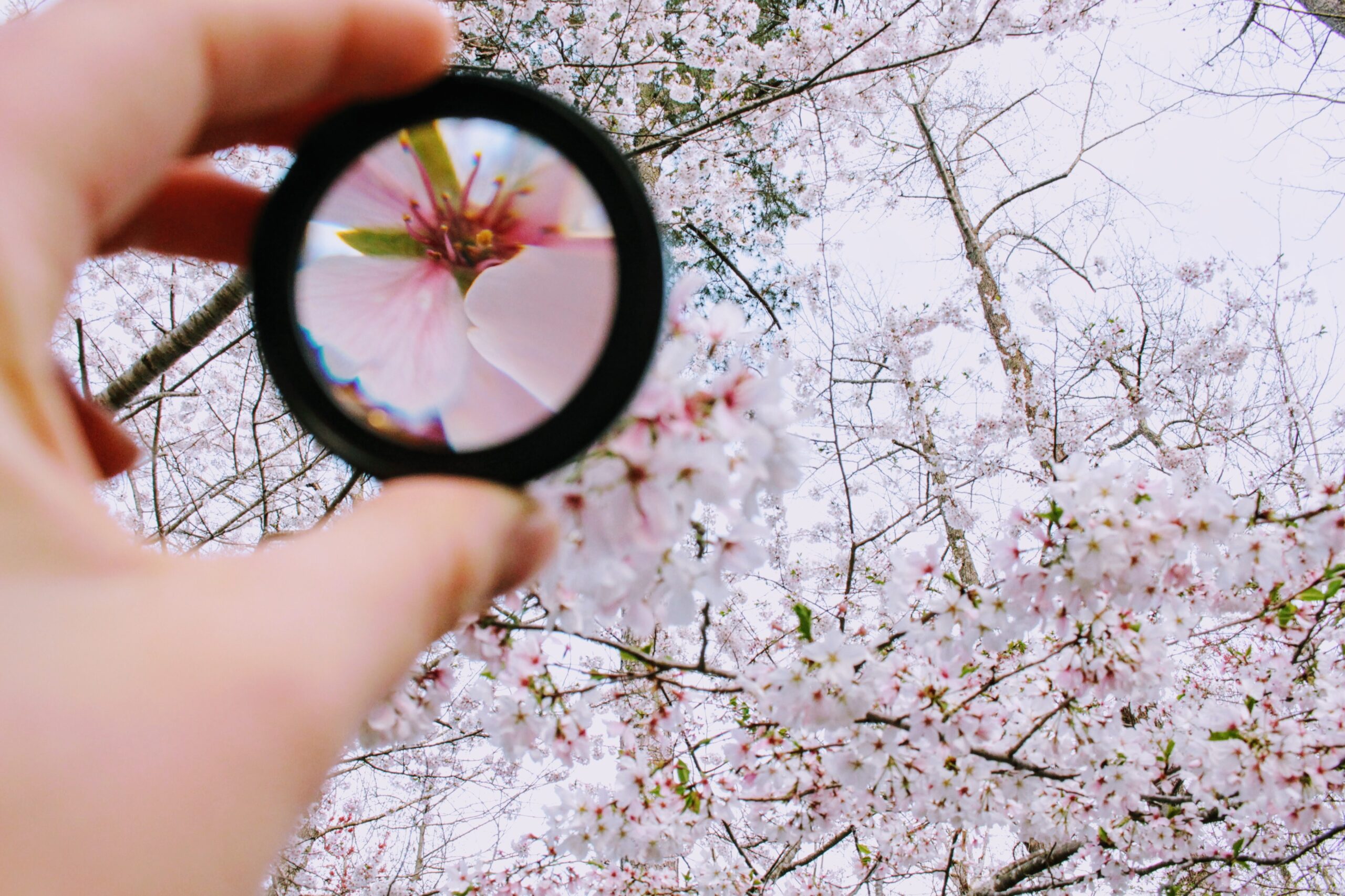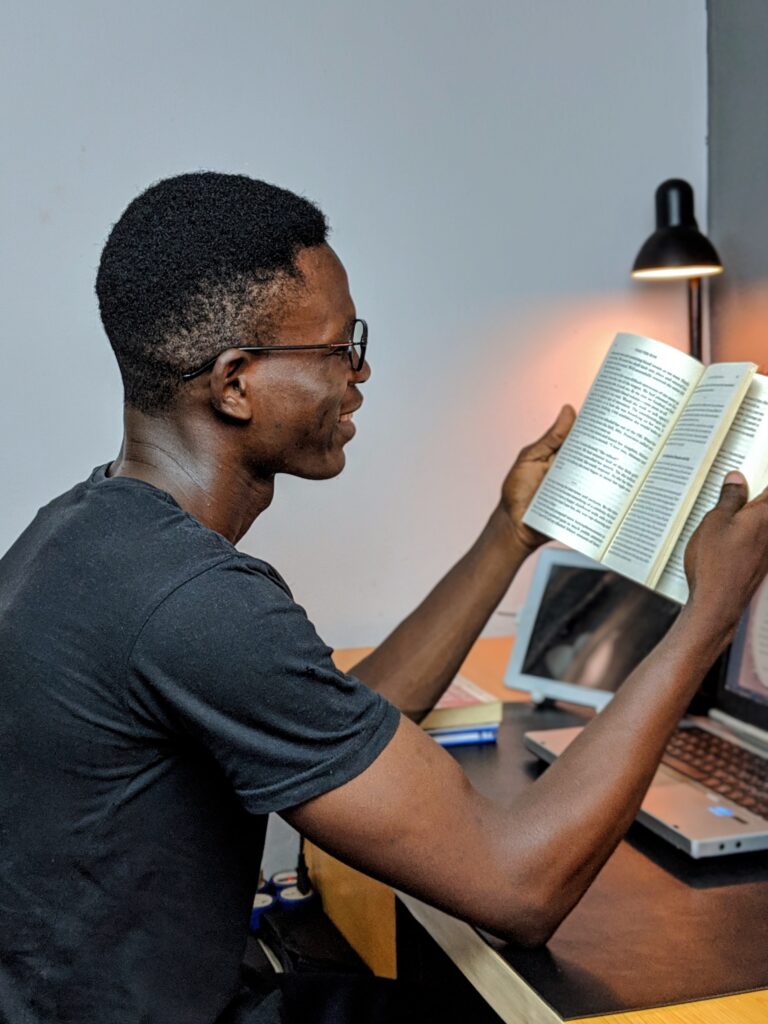Mindfulness 101: Everything you need to know about mindfulness
Mindfulness is focusing on the present moment only, without any distraction from your mind thinking about the past, future, or general life things. The concept is easy to grasp but it’s a skill that takes time to develop. Mindfulness has many benefits that makes it a well worthwhile skill to invest your time in.
This article explores what mindfulness is, the benefits, how to be more mindful, where to practice mindfulness, and additional resources to help with your practice.
What is mindfulness?
Mindfulness means focusing on what’s happening right now, inside your body and in your external environment. When practicing mindfulness, you turn your attention to your emotions, body sensations, and what you can see/hear/smell/taste/touch in that present moment.
Let these come to your attention with acceptance not judgement. Don’t label anything as ‘good’ or ‘bad’, just see and feel it as it is.
Try this mini meditation by Headspace to understand more about mindfulness:
The benefits of mindfulness
By focusing on the present moment we can start to feel the inner peace and contentedness that lives within all of us, this reduces feelings of depression and anxiety.
Often feeling depressed stems from our mind spending too much time on the past, for example thinking about periods of time we used to enjoy or things we regret doing. Feelings of anxiety often stem from worrying too much about the future, such as whether our current decisions will work out perfectly in the future.
By staying present and only thinking about the past and future when we intend to, we can accept things for as they are rather than resisting it, and enjoy what’s in front of us.
If you’re unhappy with your current life situation, mindfulness can help you to improve it as the only time you can take action is in the present and you can take this action with the right motivations.
Research has found additional benefits of mindfulness including:
- Better mental wellbeing
- Calming our minds and helping us to relax
- Helping us to handle our emotions
- Improving mood
- Helping to treat depression and anxiety disorders
- Improving attention span
- Improving relationships between friends, partners, parents and children.
How can I be more mindful?
In this day and age it can be difficult to keep our attention to the present moment with constant distractions from technology and an ‘always on’ work culture. This means we often don’t give our full attention to the tasks we’re doing or to the people we’re spending time with. Here’s some hacks to help with this:
Participate in a physical activity that requires strong concentration
Regularly participating in a physical activity or sport that requires constant concentration is a great place to start. If you’re new to mindfulness it’s a great first step to learning what it feels like to be entirely in the present moment and how in that moment nothing else matters. No matter how much mindfulness practice you have, it’s really beneficial to be able to switch off your thinking mind for an hour so you feel more fresh.
So what activities require strong concentration? Whilst strength training at the gym concentration is needed on form to avoid injury. During martial arts practice concentration and focus is needed to win. During team sports a high level of concentration is needed to keep up with the team physically and mentally to know where you need to be to support them.
Participate fully in whatever you’re doing
Outside of organised activities you should be fully present in whatever you’re doing. If you’re spending time with friends or family try not to multi-task, put your phone away and really focus on what they’re saying so you can respond meaningfully.
Reflect on how you’re feeling
Observe your thoughts, feelings and body sensations with neutral curiosity judgement. Just notice what’s going on. This sounds like “my back feels achey and I’m feeling stressed” rather than “I feel awful and can’t ever relax, I’ll never be successful!”.
Recognise
Remind yourself that your thoughts, feelings, and body sensations are just that, and they’re not permanent. They don’t reflect the whole truth and you certainly shouldn’t identify yourself with them, sometimes thoughts and emotions are part of a pattern. If you notice you feel more negative emotions when you’re tired, remind yourself that you’ll feel better after a good nights rest.
Another tip is to not see your emotions as facts, if you start having a negative thought such as “no one cares about me”, state 3 facts that show this isn’t true such as “my mum rang me yesterday to check in with me”.
Acceptance
Simply accept your thought, emotion, body sensation, or life situation as it is without judgement. Avoid dramatising or ‘awfulising’ statements, such as taking “I’m ready for a new career” and turning it into “I hate my job and my life sucks, I’ll never be skilled enough for a new career”. Inner talk has a powerful impact on how you feel.
Re-focus
If you notice your mind wandering, gently bring it back to the present moment. Don’t judge yourself if your mind wanders.
Have compassion for yourself
Treat yourself as you would a loved one. Treat your thoughts, feelings and body sensations with compassion and understanding.
Where to practice mindfulness
There are many opportunities to practice mindfulness in day to day life, and what’s better is it’s free! All you need to do is bring extra attention to what you’re doing.
In solitude
When you’ve got time to yourself, perhaps when first waking up or when you’re about to go to sleep, find a YouTube video and follow along with a mindfulness meditation. There are lots of choices of meditations that last 5-15 minutes or meditation music that go for over an hour.
Youtube videos are especially helpful as an initial introduction to mindfulness for complete beginners because they’re guided so you can start to put into the practice the principles discussed in this article.
If you’re happy to pay for a meditation app then ones such as Headspace and Waking Up have many mindfulness meditations to choose from. They come in 8 forms: focused attention, body scan, noting, loving kindness, skillful compassion, visualisation, resting awareness, and reflection.
In the shower
Notice the water on your body and around your feet, the steam around you, the smell of soap, the sound of water splashing on you and hitting the floor.
Whilst eating
Notice the smell of your food, the taste and texture of each bite, the steam coming off of the plate, the colours of each food.
On a walk
Notice the ground pushing up against your feet, how it feels to move your body, your breathing, the wind, the smells around you, the sounds of cars, birds, wind, or leaves around you, the warmth of the sun. If you’re barefoot pay attention to how different surfaces feel.
Yoga
Yoga is really helpful for gaining awareness of the breath and how your body feels, as well as providing many other physical benefits including heightened strength and flexibility. There are many free guided yoga videos available on YouTube that last between 15 mins and an hour.
Helpful resources
The Power of Now
The Power of Now by Eckhart Tolle is a classic self-help book. It sold millions of copies and frequently appears on lists of influential self-help books, even as it passes the 20th anniversary of its first edition.
The book is filled with practical wisdom of how to stay more mindful in many different situations, including the challenging ones. Check out our article to learn how to apply The Power of Now to your own life.
iyarn
We’ve built iyarn to help you reflect on all the areas of life that matter most. This helps you to see what areas are going well and which areas need more work. Add ‘mindfulness’ to your iyarn wheel to create a habit around being mindful each day, and then see how you’re going over time.
Sign up to iyarn today, it’s free.




